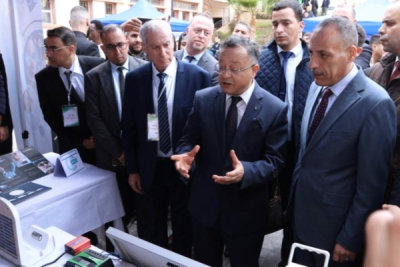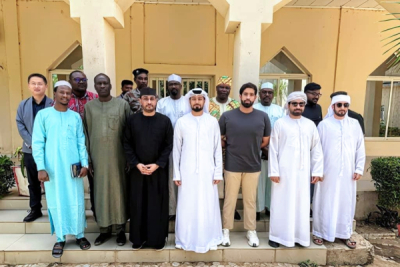Based on three factors, StartupBlink ranked the top 100 countries that had a conducive ecosystem for startup development in 2021. Three African countries have joined the top 100, and all of them are located in West Africa.
In 2021, the number of African countries in the best 100 countries for startups rose to 14, up from 11 in 2020. The ranking was presented in the Global Startup Ecosystem Index 2021 published by StartupBlink.
Though minimal, the progress demonstrates a certain dynamism in the investments made by African countries to offer the youth an appropriate innovative entrepreneurial framework. In Africa, most countries are aware that startups are important players they can rely on to improve residents’ access to various services and curb unemployment.
In the 2021 ranking, there were no Central African countries. East Africa was represented by six countries (up from four in 2020) against three countries for North Africa.
Southern Africa was represented by two countries, including South Africa which won a spot in the best 50 countries for startups. The region that achieved the most notable progress is West Africa with three countries (Nigeria, Ghana, and Cape Verde), which were absent from the top 100 last year.
StartupBlink bases its ranking on the three factors notably, quantity, quality, and business environment. The quantity factor measures the number of startups, co-working spaces, accelerators, and “Startup related Meetups” in a said country. As for the quality score, it takes into account several elements including the number of employees per startup, private sector investments, and the presence of unicorns.
The third factor (business environment) “focuses on general indicators connected to infrastructure, business environment, ecosystem critical mass, and the ability to freely operate as a startup founder.”
Even though their countries are absent from the best 100 ranking, some African cities are among the best 1000 cities for startups. For StartupBlink, it is “a testament to their entrepreneurs’ ability to disconnect from geopolitical barriers, inefficient governments, or the painful lack of national resources available to support their growth.” Those cities are notably Luanda, Dakar, Douala, Buea, Yaoundé, Kinshasa, Cotonou, Alger, Ouagadougou, Bamako, and Conakry.
Muriel Edjo



















